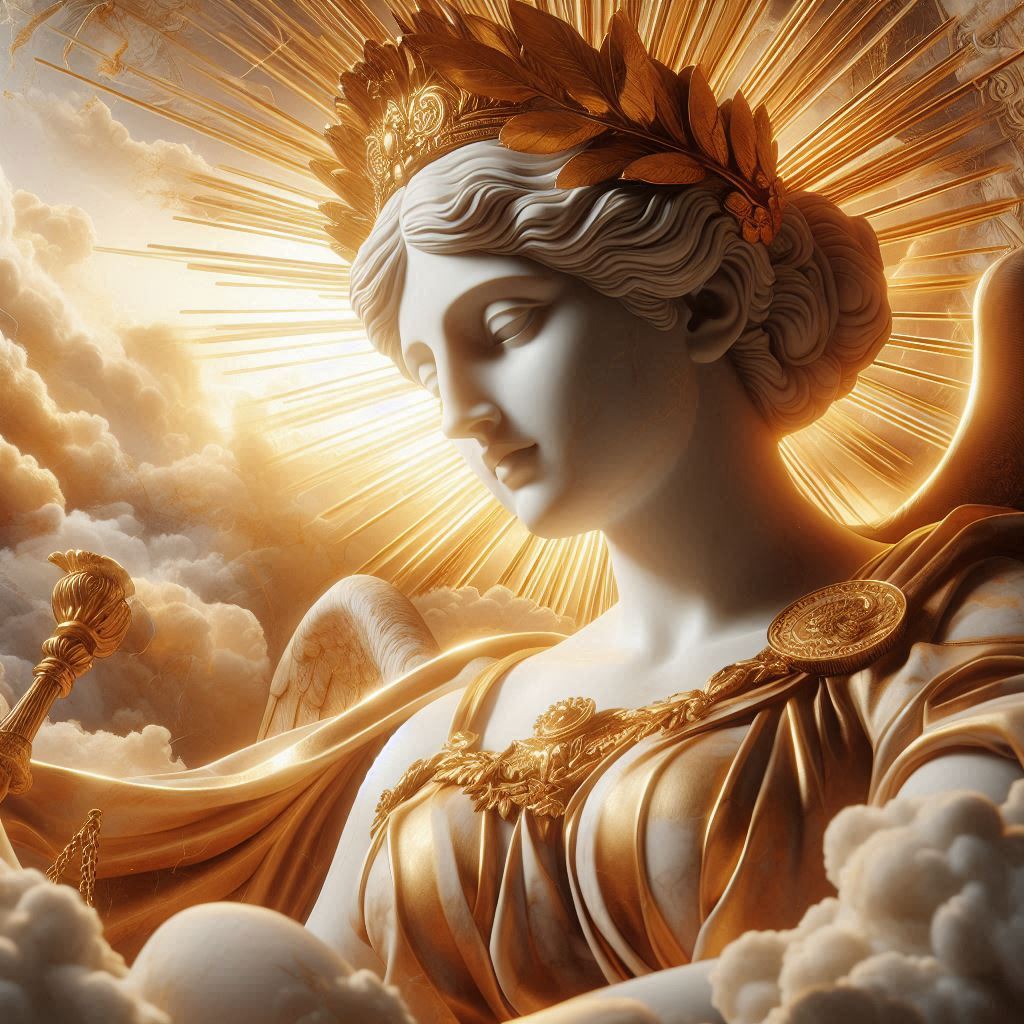Table of Contents
The Poetry of Mikhail Lermontov: A Mirror of the Romantic Soul
Mikhail Yuryevich Lermontov (1814–1841) stands as one of the most profound and influential poets in Russian literature. Often compared to Alexander Pushkin, Lermontov’s work is characterized by its intense emotional depth, exploration of existential themes, and a profound sense of disillusionment. His poetry reflects the spirit of Romanticism, yet it also transcends the boundaries of the movement, offering a unique blend of personal anguish, philosophical inquiry, and national identity. Through his verses, Lermontov not only captured the zeitgeist of 19th-century Russia but also laid bare the universal struggles of the human condition.

The Romantic Spirit in Lermontov’s Poetry
Lermontov’s poetry is deeply rooted in the Romantic tradition, which emphasized individualism, emotion, and a fascination with the sublime. His works often explore themes of loneliness, rebellion, and the search for meaning in a seemingly indifferent world. One of his most famous poems, The Sail (1832), encapsulates these themes. The image of a solitary sailboat battling the waves becomes a metaphor for the poet’s own restless soul, yearning for freedom and purpose. Lines such as “Beneath, the azure currents flow; / Above, the golden sunlight glows” evoke the beauty and vastness of nature, while the sail’s isolation reflects the poet’s inner turmoil.
Lermontov’s Romanticism is also evident in his fascination with the Caucasus, a region that served as both a physical and symbolic landscape in his work. Poems like The Cossack Lullaby and The Cliff draw on the rugged beauty of the mountains to explore themes of longing, transience, and the sublime. The Caucasus became a place of refuge and inspiration for Lermontov, mirroring his own desire to escape the constraints of society and find solace in nature.
Disillusionment and the Byronic Hero
A defining feature of Lermontov’s poetry is its pervasive sense of disillusionment, a sentiment that aligns him with the figure of the Byronic hero. Like Lord Byron, Lermontov often portrayed protagonists who were brooding, rebellious, and alienated from society. This archetype is most vividly embodied in his narrative poem The Demon (1829–1839), which tells the story of a fallen angel who seeks redemption through love but is ultimately doomed to solitude. The Demon’s struggle reflects Lermontov’s own sense of estrangement and his skepticism about the possibility of true connection or salvation.
In A Hero of Our Time (1840), Lermontov’s only novel, the protagonist Pechorin epitomizes the Byronic hero, and this character’s existential angst is echoed in Lermontov’s lyric poetry. Poems like Thought (1838) lament the moral and spiritual decay of Lermontov’s generation, criticizing the superficiality and apathy of contemporary society. This sense of disillusionment is not merely personal but also reflects the broader disillusionment of a generation grappling with the aftermath of the Decembrist uprising and the oppressive regime of Nicholas I.
National Identity and the Poet’s Role
Lermontov’s poetry also engages deeply with questions of national identity and the role of the poet in society. In The Death of the Poet (1837), written in response to Pushkin’s death, Lermontov mourns not only the loss of Russia’s greatest literary figure but also the loss of moral and artistic integrity in a society that fails to appreciate its poets. The poem’s fiery condemnation of the aristocracy and its defense of artistic freedom made Lermontov a national hero and cemented his reputation as a voice of dissent.
Lermontov’s exploration of Russian identity is further evident in his fascination with folklore and historical themes. Poems like Borodino (1837) celebrate the courage and resilience of the Russian people during the Napoleonic Wars, blending patriotic sentiment with a vivid, almost cinematic portrayal of battle. At the same time, Lermontov’s work often critiques the stagnation and corruption of Russian society, revealing a complex and ambivalent relationship with his homeland.
Legacy and Influence
Though Lermontov’s life was tragically cut short at the age of 26, his poetry left an indelible mark on Russian literature. His exploration of existential themes, his mastery of language, and his ability to capture the complexities of the human soul have ensured his enduring relevance. Lermontov’s influence can be seen in the works of later Russian writers, from Fyodor Dostoevsky to Anna Akhmatova, who drew on his themes of alienation and spiritual yearning.
In conclusion, Mikhail Lermontov’s poetry is a testament to the power of art to illuminate the deepest corners of the human experience. His work, marked by its emotional intensity, philosophical depth, and lyrical beauty, continues to resonate with readers across generations. Through his exploration of love, loss, and the search for meaning, Lermontov not only defined the Romantic spirit of his age but also created a timeless body of work that speaks to the universal struggles of the human condition.


No responses yet